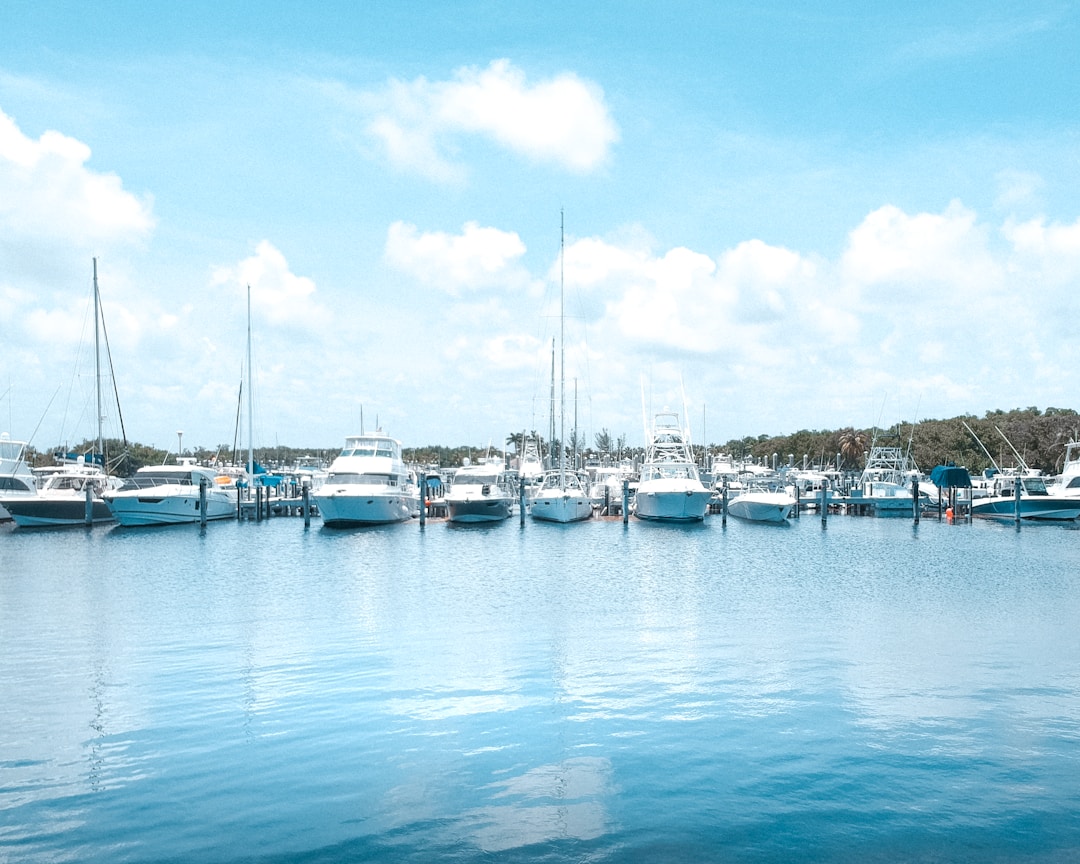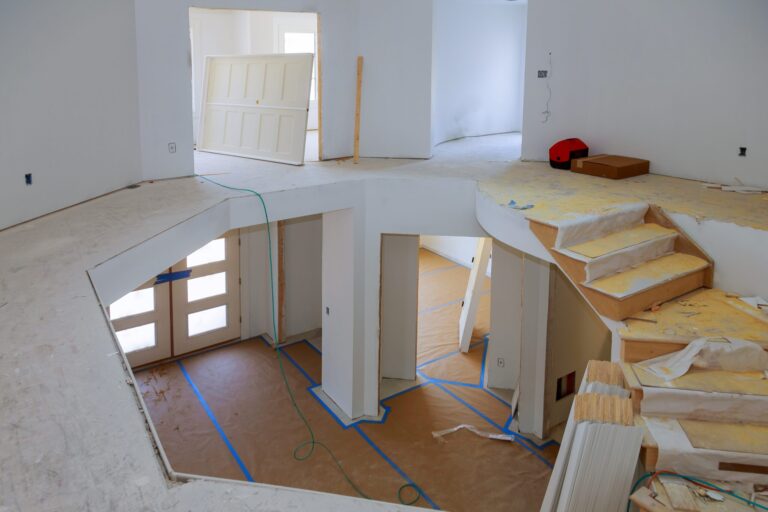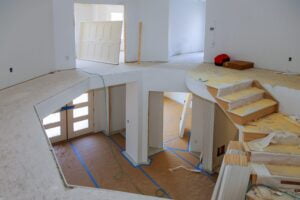Many sailing enthusiasts fantasize about living on a boat. Living a minimal, simple life on a boat is an alternative lifestyle that can save you a lot of money. Living on a boat full time isn’t a decision to make lightly.
Committing to living onboard permanently is different than staying on board for a weekend here and there on holiday. Take a look at some of the things to keep in mind when contemplating an off-grid life at sea.
Boats require a lot of work and upkeep.

While a boat doesn’t require the same maintenance as a house does, there’s still a lot of work and upkeep required. Things break and you need to be prepared to do frequent maintenance. Not all vessel owners know how to perform the necessary maintenance and repairs and rely on a marine contractor for these tasks. Keep in mind that hiring a contractor comes at a cost. If your goal for downsizing from a house to a boat is to save money, it doesn’t make much sense if you don’t have the skills to fix things.
You don’t have to live on a boat all year round. Spending the warm months living on board a boat and passing the colder months in a second home with mountain views gives you the best of both worlds. The mountains of North Carolina feature prime real estate ideal for a log cabin home. Ashe High County has years of experience helping buyers find the perfect log home. You can search for your ideal cabin for sale based on acreage, bedrooms, deck style, fireplaces, and square footage.
You can’t decide to live aboard just because you have a boat slip.

Just because you have a boat slip doesn’t mean you can move aboard. Not all marinas permit liveaboards and those that do require an application and potentially long wait. You’ll have to pay liveaboard slip fees and you’re insurance rates will likely increase.
Accidents and maritime disputes that happen on navigable waters fall under maritime law and the Jones Act. Seamen, maritime workers, harbor workers, and crew members are protected under the Longshore and Harbor Workers’ Compensation Act (LHWCA), which serves as the maritime version of workers’ compensation.
Admiralty Law ensures the maximum compensation for medical expenses, lost wages, disability due to personal injury, and wrongful death benefits. When dealing with maritime injury or maritime disputes, you need the extensive experience of a maritime law attorney. The areas of practice of the maritime lawyers at Pepper & Odom, P.C. include personal injury claims, negligence, wrongful death, and property damage.
Think about what it will feel and look like to downsize.

Truly think about what it will mean to downsize from a traditional home to a floating home. It’s a big transition, especially if living with other family members. Make a checklist of your living necessities and be clear about your must-haves and deal-breakers. Living on the water means being fully prepared with everything you need to live at any given time.
Downsizing from a large home to a small boat means smaller closets, fewer storage spaces, fewer gadgets and appliances, and a pared-down wardrobe. Be practical about your comfort needs. You’ll need to ensure your boat is warm and dry and has the right ventilation. You’ll have to contend with mildew and condensation, and you’ll need to change your cleaning habits. You should also consider your connectivity needs and how’ll you manage an internet connection if working remotely.
Living on a boat full time is a unique lifestyle that can be very rewarding. Before committing to living on the water, think about the amount of work involved, whether you can legally live on board, and what it will be like to downsize.











